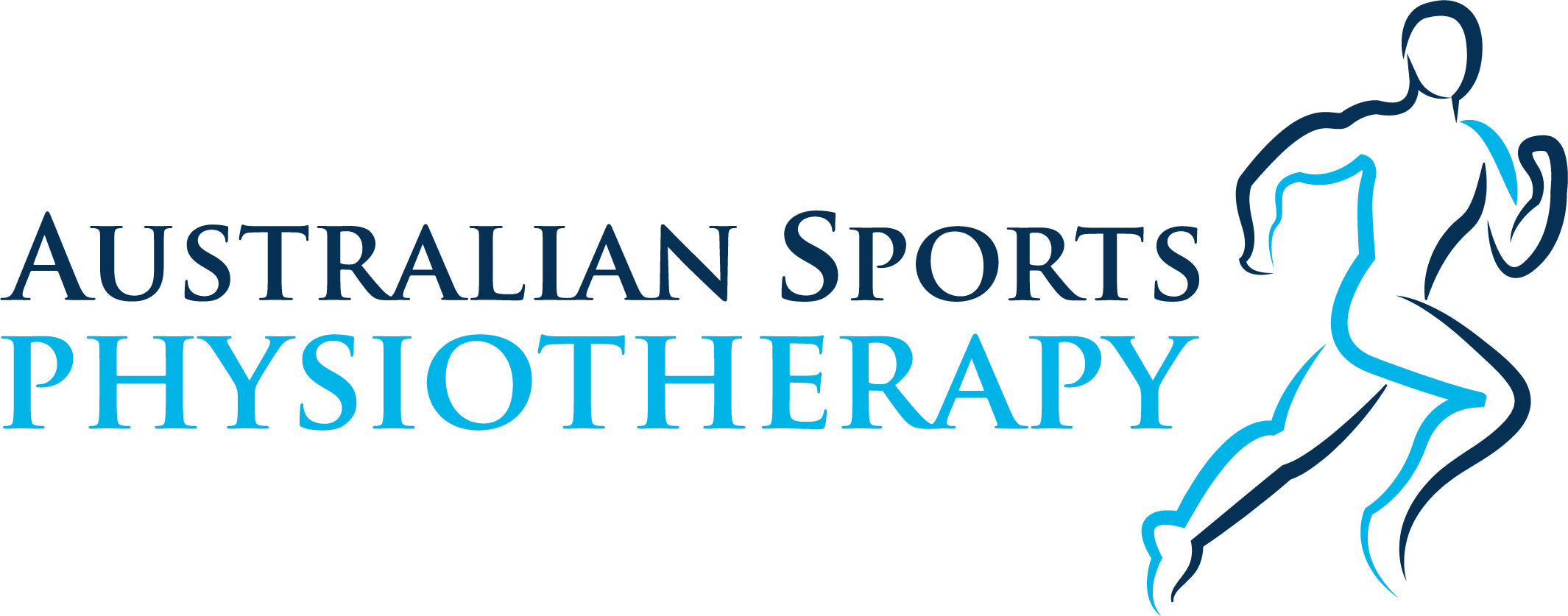Acetabular labral tears can be an uncomfortable pathology to manage; especially if you begin to restrict your mobility to reduce discomfort. Labral tears can develop into chronic hip pain if misdiagnosed, and a skilled physiotherapist may be just what you need to give you some clarity.
Physiotherapy treatment for acetabular labral tears is a proven form of conservative treatment that can provide long-term improvements in flexibility, strength, posture and more. However, this is on the basis that the tear is not causing long-term secondary issues and you can manage to do most of all your activities and daily tasks. Through physical therapies focused on targeted exercises, manual therapy techniques and personalised care plans developed with you in mind – you can expect more clarity and an improvement in your quality of life following an injury like this.
Nevertheless, when conservative management such as physiotherapy fails to improve your symptoms and function, an experienced physiotherapy group will be quick to notice the lack of improvement and direct you for further scan and surgical management.
What is an acetabular labral tear?
The acetabulum houses the head of the femur (hip joint socket). The acetabulum is supported by this socket, lined with a cartilage ring known as the labrum. When this cartilage tears, a portion of the labrum separates or pulls away from the socket, causing a labral tear.
We liken the acetabular labrum to ‘a seal surrounding a fridge door’ which ‘sucks’ the door shut through negative pressure. The labrum behaves in the same way, creating a suction seal on the ball joint of the hip.
Common causes of an acetabular labral tear?
A labral tear is most commonly caused by repetitive stress (loading) on the hip, often caused by long-distance running or repeated, sharp sports movements such as twisting and cutting.
When bony abnormalities (such as Femoral acetabular impingement syndrome (CAM lesion)) occur at the hip joint, repetitive loading is more likely to cause labral injury.
Hip impingement, for instance, is a condition that causes hip pain due to abnormal bony contact between the ball and socket. This bony contact can put more strain on the labrum as the hip moves into specific positions.
Hip labral tears can occur as a result of a combination of factors, including:
- Normal wear and tear over time.
- Hip bone abnormalities (FAI or femoral acetabular impingement syndrome).
- An unstable hip joint.
- Tightness in the hip muscles.
- Inadequate technique when performing repetitive tasks.
- Muscle weakness in the hips.
- Participation in sports requiring long-distance running or repeated twisting and cutting.
When the labral tissue in the hip is torn, it cannot heal on its own. There are surgical procedures for removing or repairing torn labral tissue; however, treatment for a labral tear frequently begins with physiotherapy.
Common symptoms of an acetabular labral tear
- Sensations of locking, clicking or catching.
- Deep pain that worsens with activity and is usually located near the front of the hip or in the groin area.
- The sensation that the hip is about to give way or collapse is a sign of hip instability.
- Pain that can be felt in the back, thigh, or buttocks.
- Hip stiffness or a reduction in hip range of motion.
Not everyone will experience symptoms, and many people are unaware that they have a labral tear until their daily activities are disrupted.
Acetabular labral tear diagnosis
Physical examinations in a clinic are challenging to use to diagnose labral tears because other hip diseases present similarly. A history of childhood hip disorders such as acetabular dysplasia, Perthes disease, and slipped capital femoral epiphysis may guide your physiotherapist to assess for a labral tear.
A thorough subjective examination with special questions can give an indication of whether or not a labral tear is suspected, and a physical examination of the hip into deep flexion would be painful upon assessment.
MRI investigation is useful in confirming a labral tear, however, in some instances, it can also be missed.
Physiotherapy treatment for acetabular labral tears
Nonsurgical treatment efforts are focused on addressing symptoms by increasing internal hip strength, stability and mobility and mobility to reduce stress on the injured area.
In some cases, this allows patients to achieve a satisfactory level of activity and avoid or delay surgical intervention. However, labral tears cannot be ‘fixed’ with physiotherapy. Physiotherapy aims to reduce pain and improve hip mobility by:
- Improve pelvic position while standing and walking.
- Muscle strengthening deep in the joint and externally around the painful hip.
- Reduce the anterior forces on the hip joint.
- Improve hip biomechanics and control.
Your physiotherapist will recommend postural, ergonomic, and lifestyle changes such as:
- Avoid sitting cross-legged
- Reduce running load and replace with swimming or cycling
- Keep knees together when exiting a vehicle
- Avoid deep squats
- Avoid movements with a lot of rotation such as sitting on the floor cross-legged
Surgery should be considered if conservative measures have pain to significantly reduce pain and function. A delay in appropriate management can lead to secondary impairments that will need to be addressed.
Surgical management usually involves Arthroscopic repair or debridement of the labrum and patients will require a 12-14 week rehabilitation program to return to full function.

Final thoughts on physio for acetabular labral tears
Acetabular labral tears are a painful condition that can hugely impact your life. But there’s no need to despair; with the right approach and the proper physiotherapy treatment, you can work towards relieving pain and restoring function in your hips.
At Australian Sports physiotherapy, we take a special interest in hip joint pathologies and run a special injury clinic to get clients directed on the right path.
Book an appointment with one of our experienced physiotherapists today for a comprehensive assessment and customised treatment plan.










